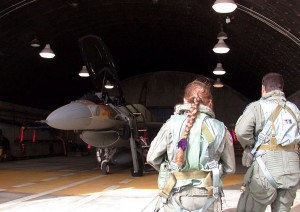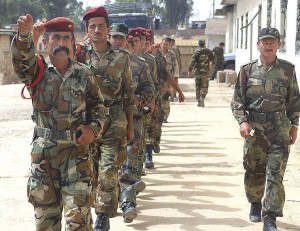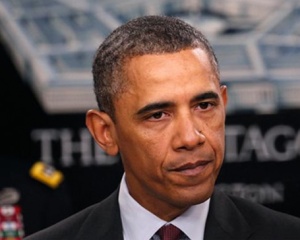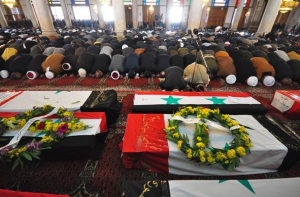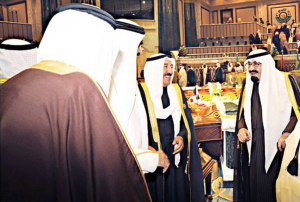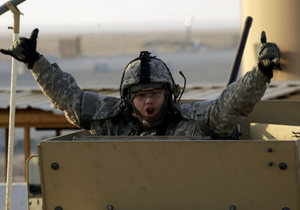A year after America’s withdrawal from Iraq, the country’s struggle for stability and security persists. Sunni protests are continuing following a government raid against Finance Minister Rafie al-Esawi’s home on Dec. 20. The protests, which have recently acquired the backing of some of Prime Minister Nouri al-Maliki’s main Shiite rivals – the Sadrists – come as the Shiite-led Iraqi government is already facing increased pressure from a persistent border standoff with Iraqi Kurdistan (KRG). Regardless of whether al-Maliki survives the current campaign against him, the concept of a unified Iraq – shared between its many sects – will continue to suffer.
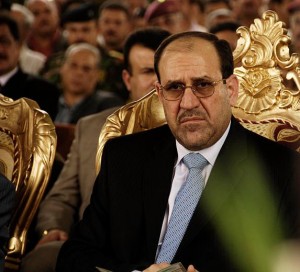
The protests are sectarian in nature, propagated mainly by Sunni Islamists and aimed at reducing al-Maliki’s influence and that of the Shiites over Iraq. Their demands are unlikely to be met. While Iraq’s government, security forces, and Shiites have faced years of deadly Sunni insurgent attacks, the protests underscore an increased effort by the country’s Sunnis to replicate mass protests held elsewhere in the region and pressure al-Maliki’s Shiite-led government.
Protest leaders are likely aiming to capitalize upon perceived justification for mass protests following the government’s decision to act against al-Esawi. The timing also coincides with increasing pressure against Baghdad from the ongoing Kurdish dispute over territory in northern Iraq. The Kurdish gains and the Sunni revolt in Syria are likely giving many Iraqi Sunnis increased motivation to call for regional autonomy.
Continue reading Political Analysis: Impact of inter-Shiite rivalries in Iraq
